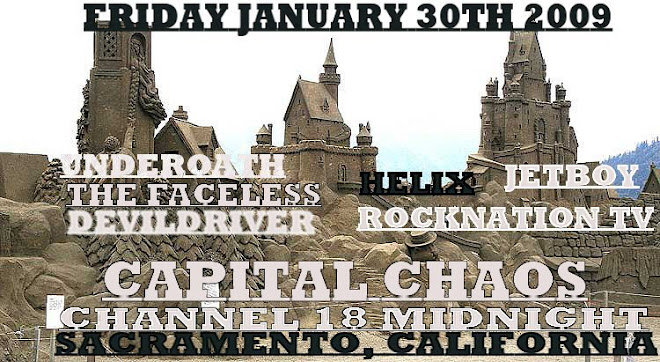Reuters
Nathan Barr has scored horror films such as "Hostel" and the HBO vampire series "True Blood," but what really keeps the composer up at night is fear he will not get paid for music distributed online.
"'True Blood' is my first big show for TV, and it's definitely going to see a lot of play on the Internet. It's a big issue for me," Barr told Reuters. "I don't understand why composers don't get paid if someone downloads it."
The issue is the latest digital copyright debate pitting creators in the entertainment industry on one side and studios, broadcasters, cable operators and technology companies on the other. Barr underscores how a growing number of artists - writers, actors and, yes, composers - feel they are not fairly compensated for content distributed on the Internet.
Actors and writers have aired their grievances and demanded Hollywood studios pay up. Now, composers, along with publishers, are urging Congress to change copyright law so that when music airs in an audio-visual download, it is considered a public performance that earns them royalties.
The stakes are high: Industry experts believe composers could potentially earn nearly $100 million in additional royalty payments annually as Internet viewing grows - if the law was changed to deem downloads of music in audio-visual works as public performances.
"We see audio visual as a vigorous growth area for composers, whether it's on Hulu, Netflix or iTunes, and a big issue is clarifying public performance rights as they apply to digital downloads," said Richard Conlon of Broadcast Music Inc., a performing rights group that collects royalties on behalf of artists.
The copyright issue, apart from being proposed legislation, is also expected to be the subject of a House Judiciary committee hearing in July, industry experts say.
At the center of the debate is a federal court ruling in April 2007, considered a victory for companies like AOL, RealNetworks and Yahoo that found that downloading a music file was not considered a "performance."
Composers are arguably one of most overlooked among the so-called frontline entertainers behind a movie or TV series.
"Most composers don't get pensions like other people... and we're now realizing we're not covered for much of the way entertainment is viewed online," Barr said.
Performing rights group American Society of Composers Authors and Publishers is appealing the 2007 ruling.
And ASCAP, BMI and various other publishing and songwriting groups sent a letter in March 2009 to Congress urging a change in the U.S. Copyright Law.
"It's important these markets get locked down as composers really rely on public performance royalties," Conlon said.
Meanwhile, the MPAA strongly opposes these efforts, arguing that a download is not a performance.
"The MPAA is opposed to amending the copyright law to require a double payment for music in movies and TV shows downloaded from the Internet," Angela Martinez, a spokeswoman for the MPAA said. "We do not need to amend the Copyright Act to compensate these composers twice for the same activity."
Veteran entertainment lawyer Jay Cooper said composers collect performance royalties when their music airs on cable, TV, radio and is streamed over the Web.
"But if a film along with the music in it is incorporated in a DVD, the typical contract between a composer and studio does not grant the composer a royalty or payment for sales of the DVD or for any downloads of the DVD," Cooper said.
"Composers believe the performance right of a download is not a contractual right but a legal right to which there is great opposition," he said.
Martinez and others like Jonathan Potter, executive director of the Digital Media Association, which represents online services like Apple's iTunes and Yahoo, believe composers are being disingenuous.
"This legislative request is the latest effort by these groups to blur the lines between making a copy and making a public performance in order to get royalties where none are obligated or should be obligated," Potter said.
MEGADETH: Teaser For 'Post American World' Video
9 years ago




No comments:
Post a Comment